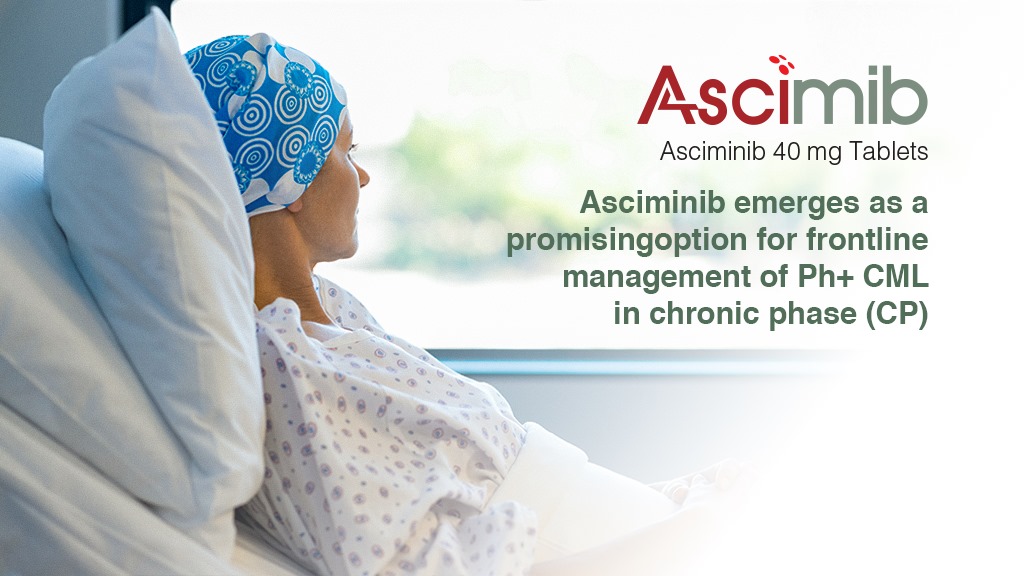Preliminary findings indicate that Asciminib shows encouraging potential as a first-line treatment for patients with chronic phase chronic myeloid leukemia (CML-CP), according to results presented at the 2022 ASH Annual Meeting.
In the study, asciminib achieved an early molecular response rate of 92% and was described as “remarkably well tolerated” by lead investigator David T. Yeung, MBBS, PhD, of the South Australian Health and Medical Research Institute.
Dr. Yeung and his team are currently investigating frontline asciminib in the ongoing phase 2 ALLG CML13 trial, with interim results shared during the meeting.
At the time of data cutoff, 98 patients with CML-CP were enrolled. The median age was 57 years (range: 19–88), with 38% women and 78.9% Caucasian participants.
All patients began treatment with asciminib 40 mg twice daily. Those achieving optimal milestones—BCR-ABL1 transcript levels ≤10% at 3 months, ≤1% at 6 months, ≤0.1% at 12 months, and ≤0.01% at 18 months—remained on the same dose. Patients with treatment failure—defined as BCR-ABL1 >10% at 3–6 months or >1% at 12–18 months—could add nilotinib, dasatinib, or imatinib at the physician’s discretion. Patients falling between these thresholds could escalate to 80 mg twice daily.
After a median follow-up of 11 months, molecular response data at 3 months were available for 76 patients: early molecular response was 92%, molecular response 2 was 84%, major molecular response was 47%, and molecular response 4 was 13%.
A total of 10 patients discontinued therapy—3 due to resistance, 1 withdrew consent, 1 was lost to follow-up, and the remainder discontinued because of adverse events.
Grade 3–4 adverse events included neutropenia (6.5%), thrombocytopenia (5.4%), anemia (2.2%), elevated lipase (6.5%), increased liver enzymes (1%), infection (1%), abdominal pain (1%), and pulmonary embolism (1%).
“These data suggest asciminib may represent a very promising frontline approach in terms of both safety and efficacy, though longer follow-up is needed to confirm these findings,” Dr. Yeung concluded.
The generic version of SCEMBLIX is made available by Everest Pharmaceuticals Limited Bangladesh under brand name ASCIMIB where treatment access is not like first world countries.
Reference:https://www.cancertherapyadvisor.com/reports/cml-cp-asciminib-early-promise-frontline-therapy/

